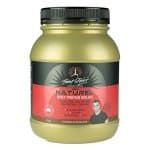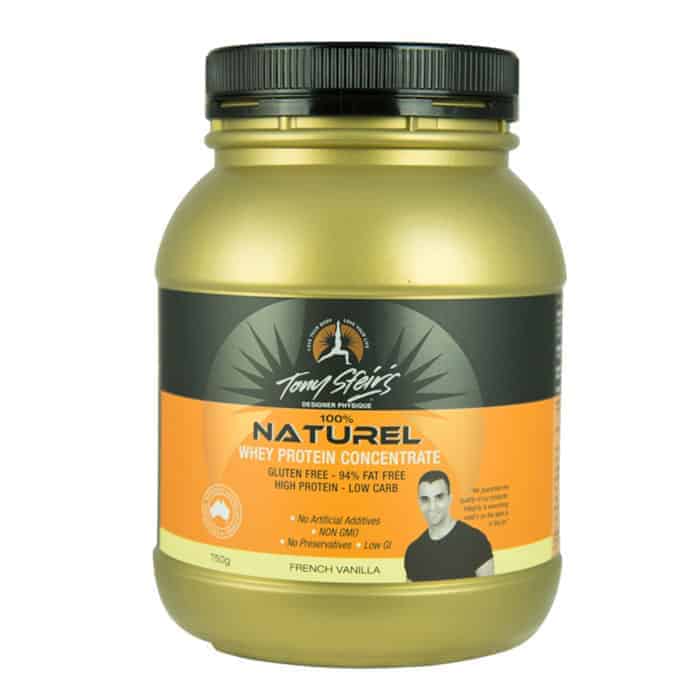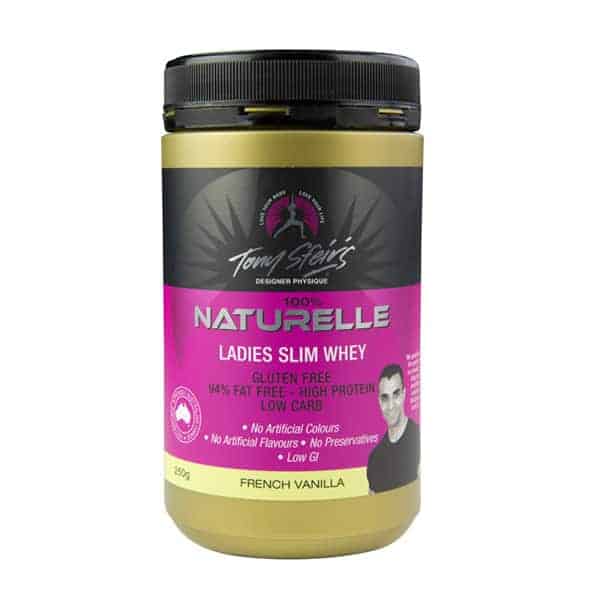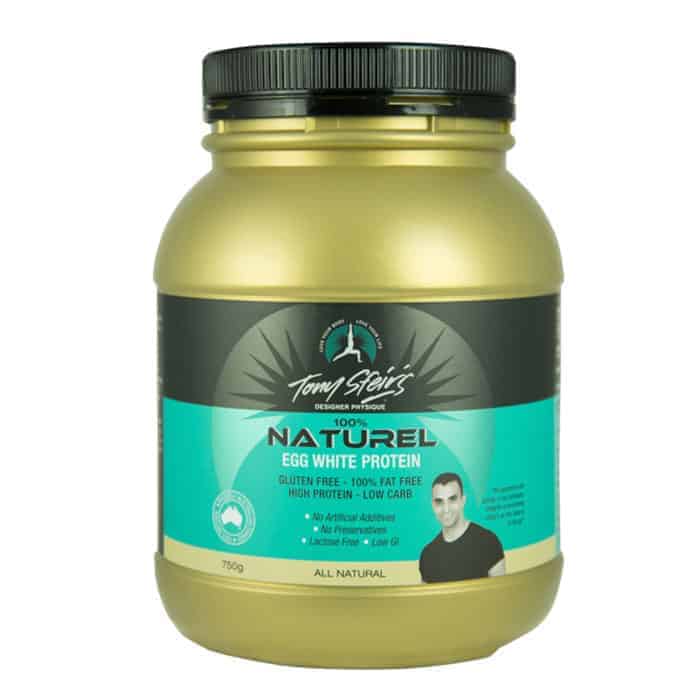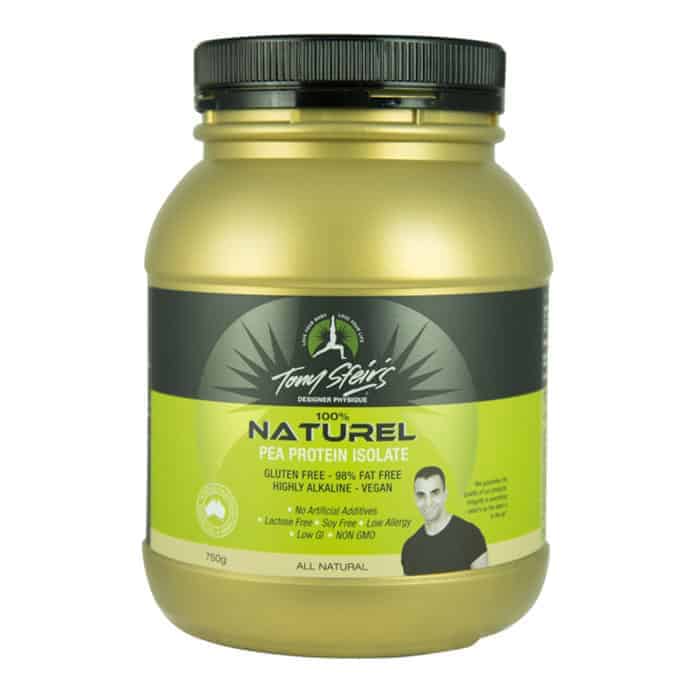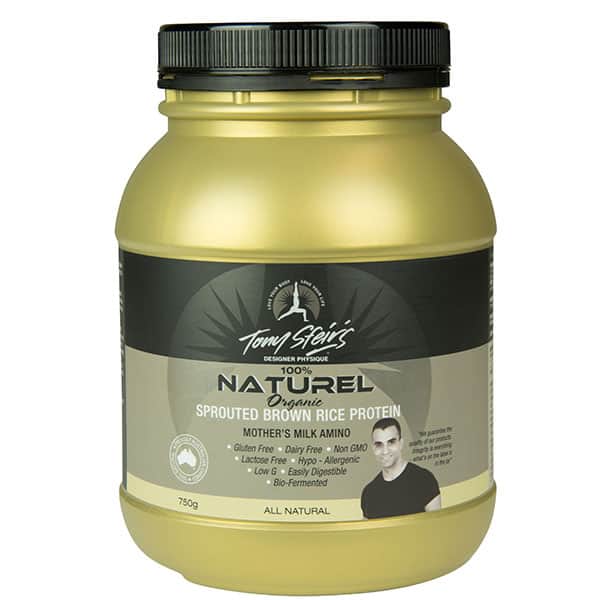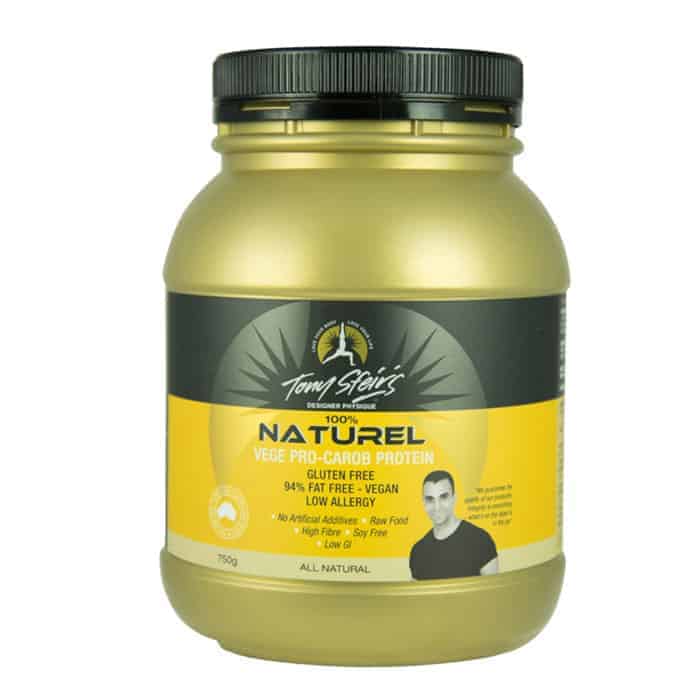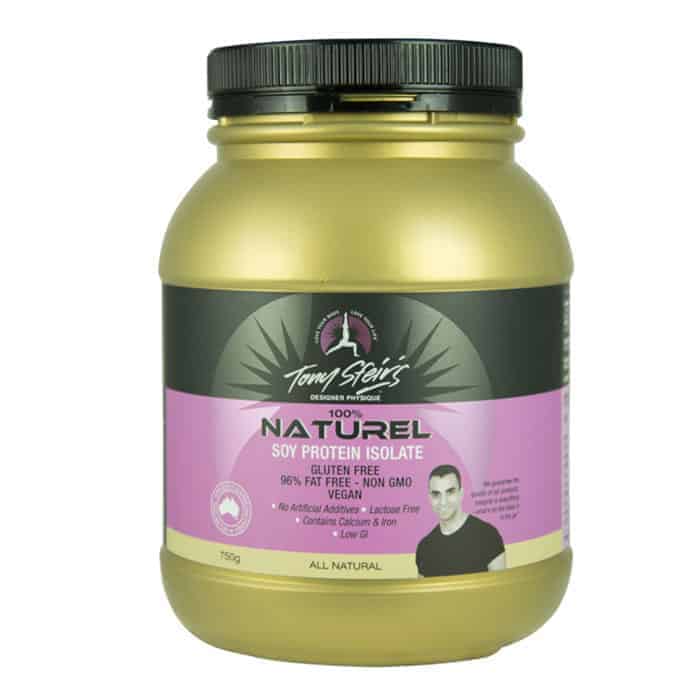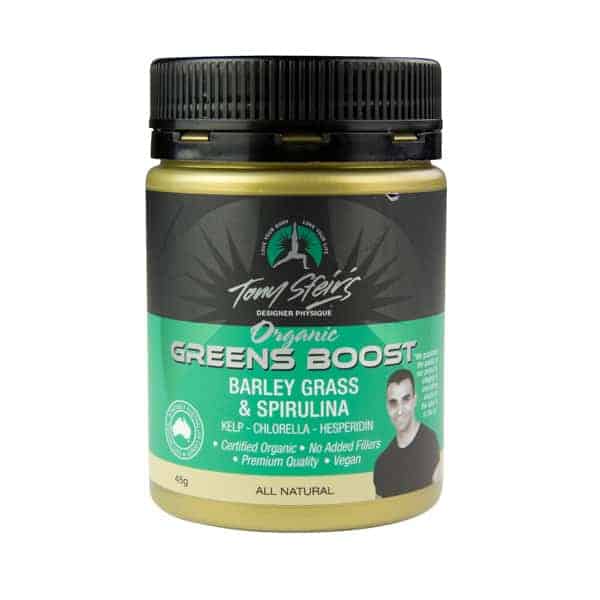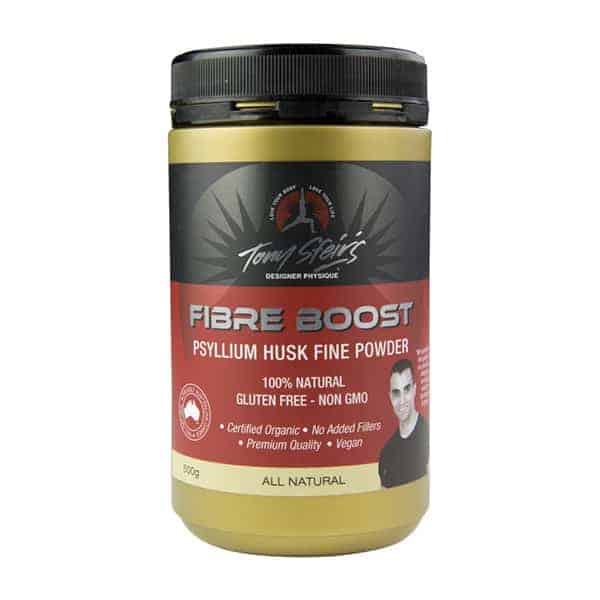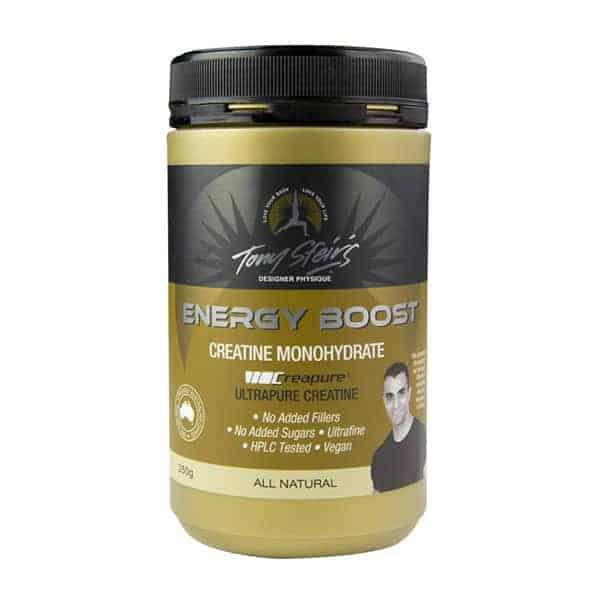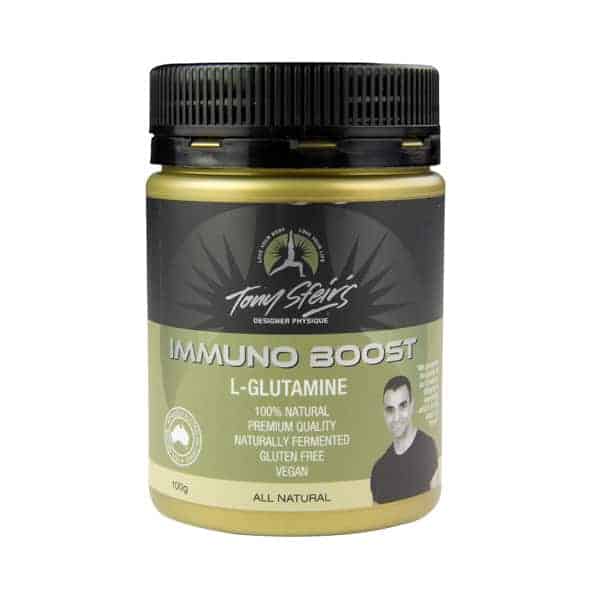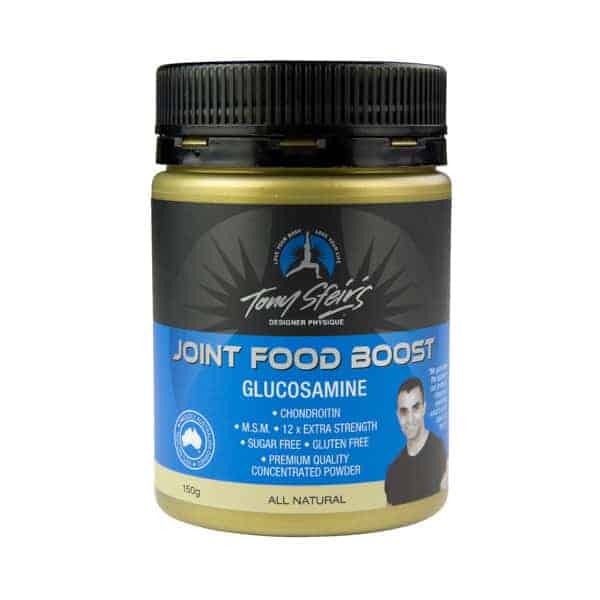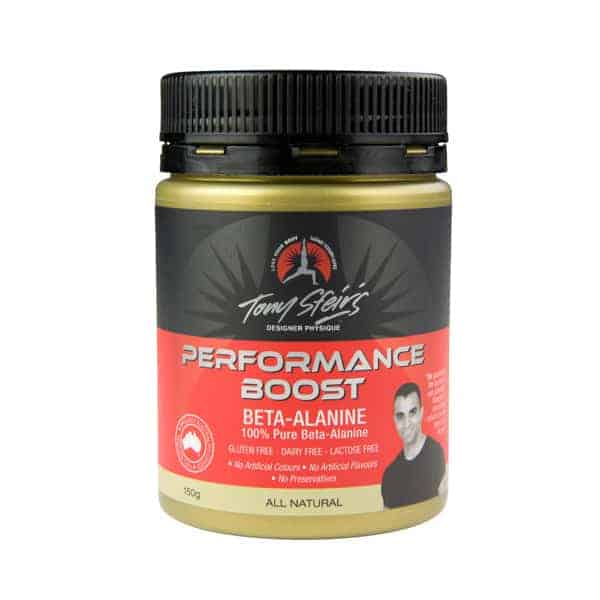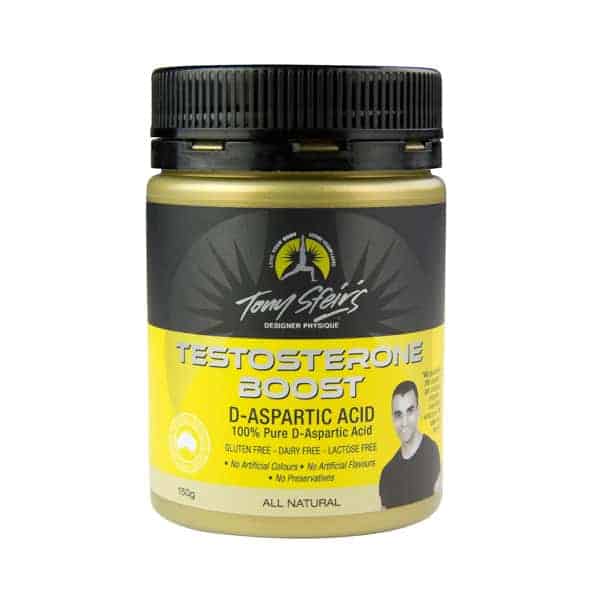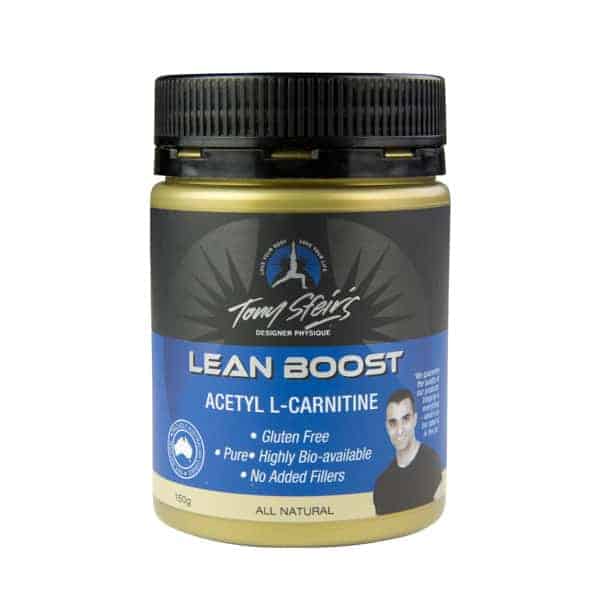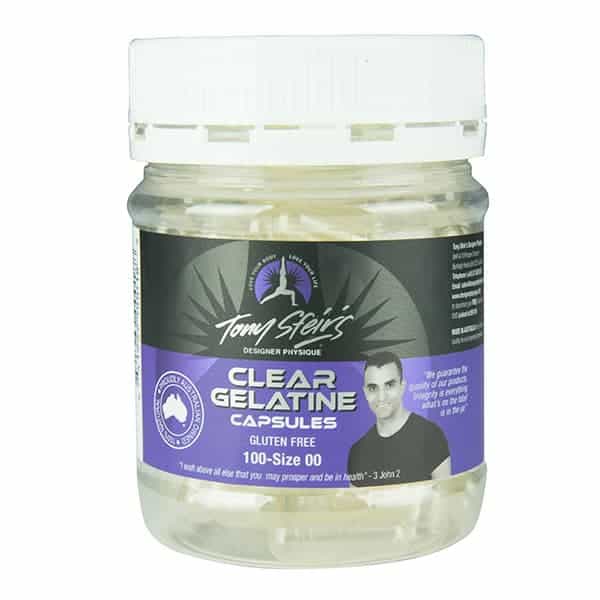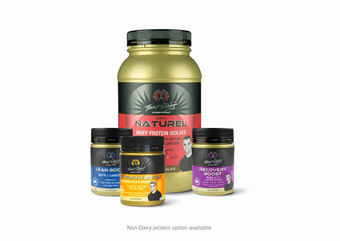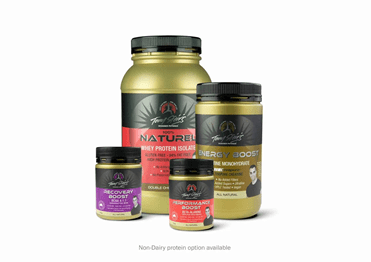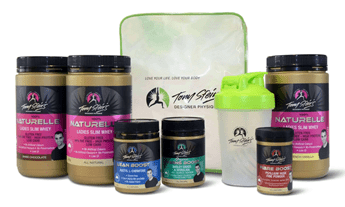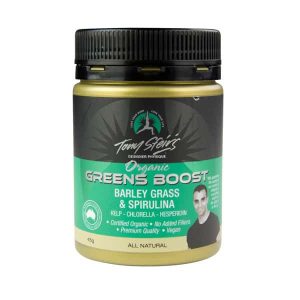Earlier this week, I stumbled upon an article titled “An Hour of Running May Add 7 Hours to Your Life.” Upon reading further, I found that scientists had discovered that running as little as five minutes per day is associated with prolonged life spans.
It stunned me that such a small amount of running yielded such noticeable results, but with further reflection, it wasn’t as surprising. If you can run even just for five minutes, then you can’t be grossly overweight and have to possess a decent level mobility.
When the scientists released their findings, runners around the world inundated them with questions — running speeds, and the number of hours spent running each week were the two most popular queries.
The scientists carried out more research, and the upshot is that if you run for 2 hours each week, you can expect to live an extra 3.2 years — and you’ll have only spent 0.4 years running.
Quite the payoff, right?
I thought so too, and then it hit me — most people think about short-term exercise benefits when the long-term benefits are the most important.
A quick visit to Google Trends and I confirmed my suspicions. Further investigation revealed people search for “lose weight fast” 370,000 times each month, and “how to live longer” only 4,400 times.
It will come as no surprise that Western countries have the highest search volumes.
I spent the next few hours browsing online, to uncover more, often-overlooked benefits of exercise which I’ve included below.
Often-Overlooked Benefits of Exercise
Exercise Regimen Reduces Diabetes Marker
Do resistance and aerobic exercise and levels of haemoglobin A1c, a marker of blood sugar, may be reduced.
Exercise Helps to Lower Women’s Stroke Risk
A 20% reduction in the likelihood of a stroke. (I’m sure there will be a benefit to men too.)
Exercise Significantly Improves The Sleep Of People With Chronic Insomnia
Exercise helps you sleep better but also reduces the likelihood of Chronic Insomnia.
Exercise as a Family to Build Stronger Relationships, Mental & Physical Health
Stronger family relationships and better mental health.
Exercise Is The Best Anti-aging Therapy
Evidence that physical activity can beat a medicine cabinet full of anti-aging products.
Exercise Drastically Cuts Odds Of Women Developing Dementia, Study Finds
Women who are physically fit may be 90 percent less likely to develop dementia.
Exercise After 40 May Be The Most Crucial
Proper exercise may lengthen telomeres, which are linked to longevity
Exercise Keeps Your Body Looking Young, Study Finds
Cyclists had muscles and immune systems that looked 30 years younger
I popped over to the Dietitians Association of Australia to see their response to the question, “How much exercise do I need to stay healthy?”
Their answer: 150 to 300 minutes of moderate intensity physical activity, or 75 to 150 minutes of vigorous intensity physical activity. Each week
But from the studies linked to on this page, and my post last week on the best exercise for “Cell Health”, it’s best to include a mix of running, resistance training, HIIT, and mobility exercise into your weekly regime.
When you exercise at a vigorous intensity, you know nutrition plays a crucial role in maintaining overall body health, performance and recovery. For improved results, you should supplement with our Nutrition Boosters — Nitric Oxide Boost, Performance Boost, Recovery Boost, Testosterone Boost — and for a limited time, you can save 20% off all of them when you use coupon code BOOST20 at checkout.

